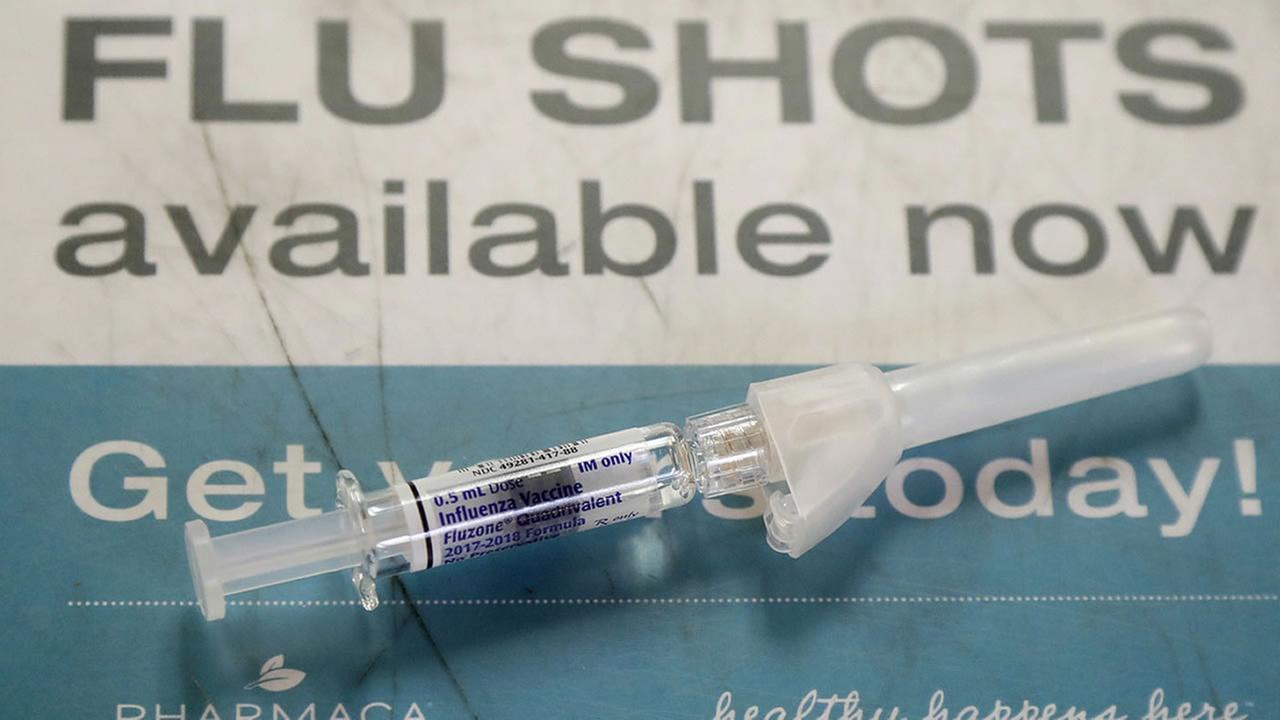As the flu season approaches, the debate about getting a flu shot becomes a hot topic. While some people swear by the vaccine's effectiveness in preventing the flu, others are skeptical about its benefits. In this article, we'll delve into the pros and cons of getting a flu shot, helping you make an informed decision about your health.
What is the Flu Shot?
The flu shot, also known as the influenza vaccine, is a vaccine designed to protect against the flu (influenza) virus. The vaccine is typically administered via injection, usually in the arm, and is available in various forms, including trivalent (protecting against three flu strains) and quadrivalent (protecting against four flu strains).
Pros of Getting a Flu Shot
There are several benefits to getting a flu shot, including:
Prevention of the Flu: The most significant advantage of the flu shot is its ability to prevent the flu. According to the Centers for Disease Control and Prevention (CDC), the flu vaccine can reduce the risk of flu illness by 40-60% in the general population.
Reduced Severity of Symptoms: Even if you do get the flu after receiving the vaccine, the symptoms are often milder and shorter in duration.
Protection of Vulnerable Populations: Getting a flu shot can help protect vulnerable populations, such as the elderly, young children, and people with certain chronic health conditions, who are more susceptible to serious flu complications.
Reduced Risk of Flu-Related Complications: The flu shot can reduce the risk of flu-related complications, such as pneumonia, bronchitis, and sinus and ear infections.
Cons of Getting a Flu Shot
While the flu shot is generally safe and effective, there are some potential drawbacks to consider:
Side Effects: Common side effects of the flu shot include soreness, redness, or swelling at the injection site, as well as fever, headache, and fatigue.
Efficacy Concerns: The flu shot is not 100% effective, and its effectiveness can vary from year to year, depending on the match between the vaccine and the circulating flu strains.
Cost and Accessibility: The flu shot may not be free or easily accessible to everyone, particularly in areas with limited healthcare resources.
Allergic Reactions: In rare cases, the flu shot can cause allergic reactions, such as hives, itching, or difficulty breathing.
Should You Get a Flu Shot?
Ultimately, the decision to get a flu shot depends on your individual circumstances and health status. If you're healthy and have no underlying medical conditions, the flu shot may not be essential. However, if you're at high risk of flu complications or have a weakened immune system, getting a flu shot is a crucial step in protecting your health.
The CDC recommends that everyone 6 months and older get a flu vaccine each year, with few exceptions. It's essential to consult with your healthcare provider to determine the best course of action for your specific situation.
The flu shot is a valuable tool in preventing the flu and reducing the risk of flu-related complications. While there are potential drawbacks to consider, the benefits of getting a flu shot far outweigh the risks for most people. By understanding the pros and cons of the flu shot, you can make an informed decision about your health and take the necessary steps to protect yourself and your loved ones from the flu.
Remember, it's always better to be safe than sorry. If you're unsure about getting a flu shot, consult with your healthcare provider to discuss your options and make the best decision for your health.









